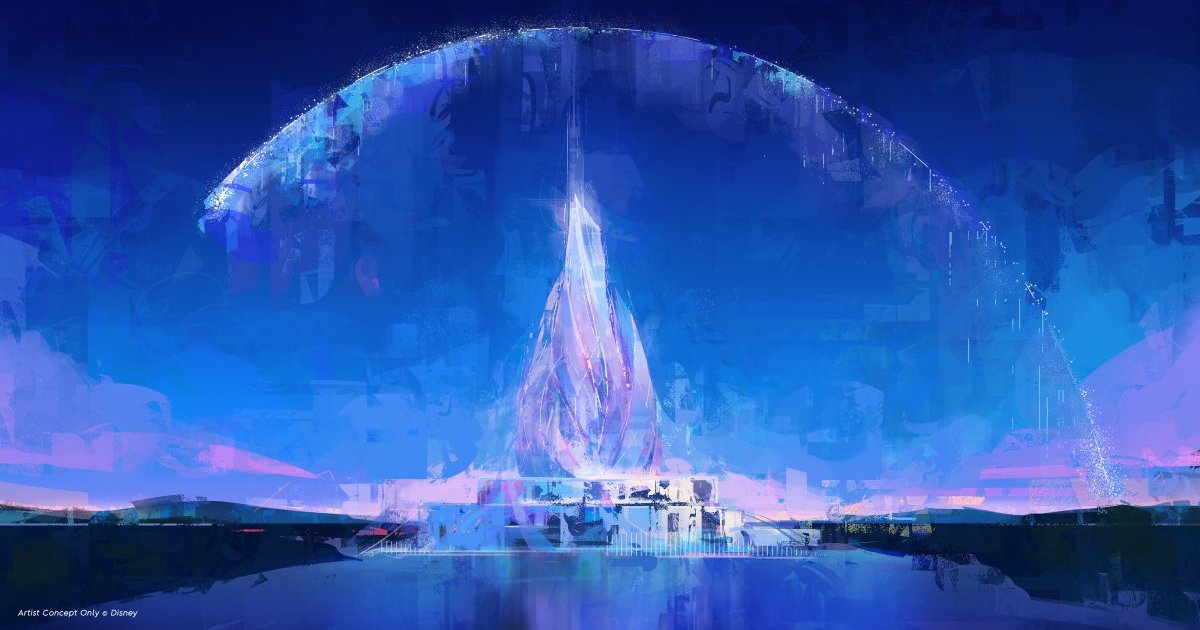Brands Go Global for New Theme Parks

By Mark Seavy
Disney’s plans for a new theme park in Abu Dhabi are part of an ongoing international expansion that includes joint ventures, wholly owned ventures, and licensing as part of the mix.
The announcement of Disney’s $10-billion agreement with Miral for a park on Yas Island that will open in 2030 caught many in the industry by surprise because the partnership will see Miral develop and operate the park. But it also served as yet another example of global expansion that is focused on regional markets with a local spin. Miral has previously inked deals for theme parks with Warner Bros., SeaWorld, and Ferrari World on Yas Island.
In doing so, however, these brand owners and park operators will have to adhere to the specific cultural requirements of these various countries, including restrictions around alcohol or specific requirements around clothing.
Disney has experience in meshing with local culture, having opened Disneyland Tokyo in 1983 under a licensing agreement with The Oriental Land and then adding Disneylands in Paris, Hong Kong, and Shanghai (2016). The latter two are joint ventures with Hong Kong International Theme Parks and Shendi Group, respectively. The Paris operation opened in 1992 and initially struggled financially. Disney was a minority partner in the park before buying majority ownership in 2017.
“There are different business models now and it requires a very high level of sophistication to determine a market that is appropriate for high-level brands and then decide the business model that makes sure it is handled appropriately so that it is a win for the operator and brand owner,” said Jim Seay, President of amusement park ride supplier Premier Rides. “It is good that all these different business models have been developed because it bodes well for brand expansion. The preference of a brand owner would be to have full control, but the way the business is today there is a toolbox of different opportunities for closing a deal. There will be different approaches that recognize the regulatory and business environments and what the locations are with respect to the cost of the investment.”
For example, Universal opened the Epic Universe in Orlando, FL in May and unveiled plans for a 476-acre park in Bedford, UK that is scheduled to start construction next year and open in 2031. Universal Studios Beijing opened a park in China in 2021 in a joint venture with the state-owned Beijing Shouhuan Cultural Tourism Investment Co.
Six Flags Entertainment—which has licensing agreements with Warner Bros. for DC Comics and Looney Tunes and gained one with Peanuts in buying Cedar Fair Entertainment last year—is planning to open a new park in Saudi Arabia’s Qiddiya City later this year as part of a joint venture with Qiddiya Investment Co. It had planned to open the facility in 2022. Previously, Six Flags sold its European operations, including eight parks, to focus on North America in 2004.
Chimelong Group, meanwhile, operates six theme parks in China and has expansion plans while Brazilian theme park operator Beto Carrero World opened a DreamWorks facility in 2014 and signed a 10-year license extension in 2016. It also opened a Nerf Mania land at its park in Brazil.
“There is more interest in licensing in [geographical] regions where there previously wasn’t any,” said George Wade, Co-Founder and President of the consulting firm Bay Laurel Advisors. “There is a growing middle class in many of these markets and that creates opportunity. It’s being driven by competition and how the parks want to get the attention of the consumer. The opportunity for brands now is in smaller projects. With big theme parks, it is like hunting a big elephant to bring down and there are not a lot of them to go around.”
And with many of these smaller projects, the opportunities lie in regional markets that are less saturated with parks than in North America, licensing executives said.
“There are many IPs looking for and opening international theme parks beyond Universal, Disney, and Six Flags,” said Jenefer Brown, EVP and Head of Global Products and Experiences at Lionsgate. “Lionsgate, Paramount, and Warner Bros. don’t own or operate their own parks, so licensing is the way these deals must be structured for them to move forward.”




